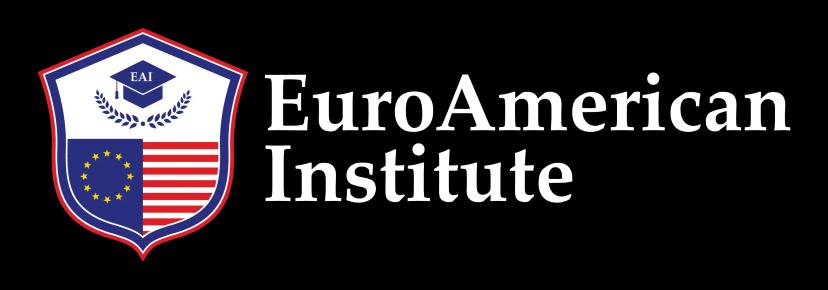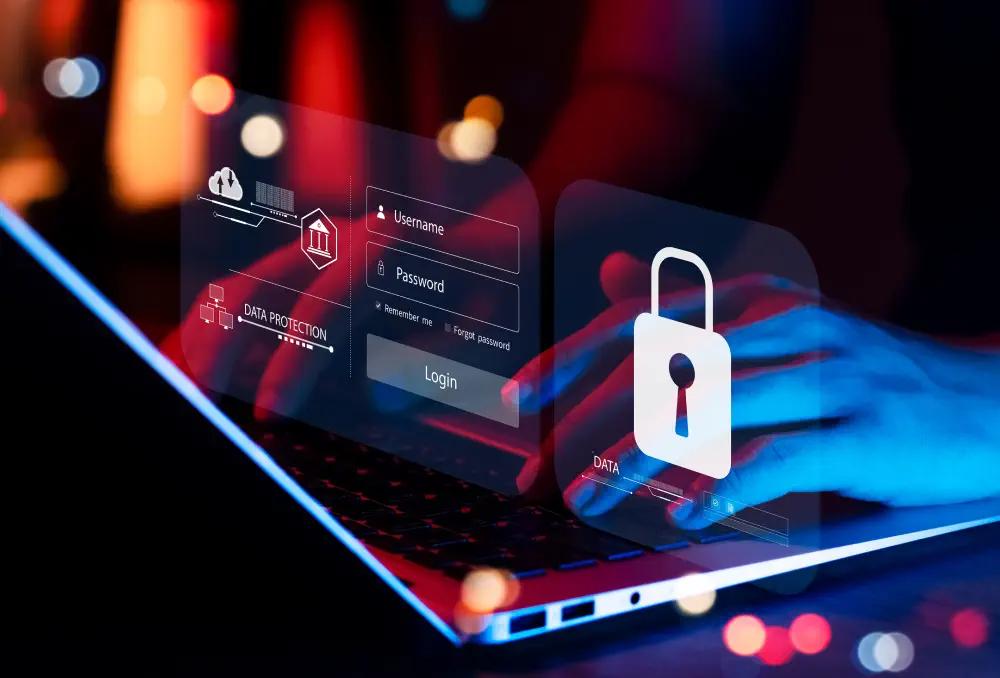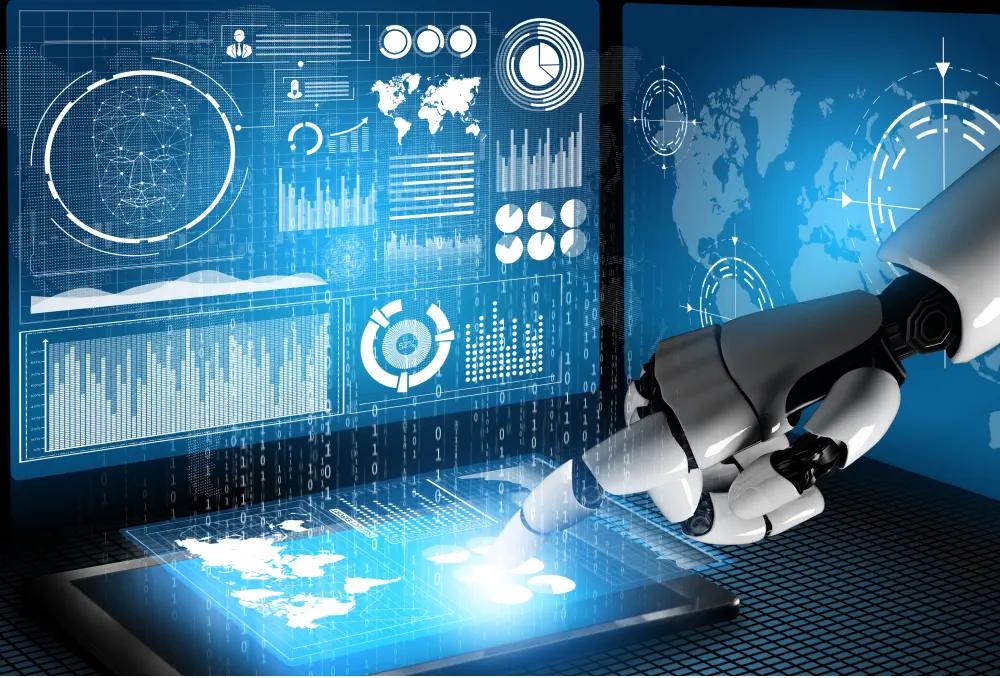Bachelor of Science in Computer Science
Master emerging technologies and build future-ready digital skills. Gain both theoretical depth and hands-on experience to innovate and lead in tech. Join EAI - Your gateway to computing excellence.
Bachelor of Science in Computer Science
Programme at a Glance
EAI has designed and developed the Bachelor of Science in Computer Science to empower aspiring technologists with the knowledge and skills needed to excel in today's digital and innovation-driven world. Our programme delivers a comprehensive foundation in computing while equipping students with multidisciplinary and problem-solving capabilities essential in the global tech landscape.
The Bachelor of Science in Computer Science at EAI offers a unique opportunity to engage with an immersive, interactive, and future-focused curriculum that blends theoretical learning with real-world applications. From programming and algorithms to artificial intelligence and cybersecurity, students explore a wide range of computing domains, preparing them for diverse roles across industries.
Developing a strong technical skill set alongside critical thinking, ethical reasoning, and collaborative practise lies at the heart of the programme. These competencies are essential to succeed and lead in the evolving field of computer science.
Type
MQF Level 6Duration
36 MonthsBachelor of Science in Computer Science Skills Incubation

Programme Snapshot
36 Months Online Programme accredited by MFHEA
Guidance from Academic Leaders and Tech Experts
Immersive, Project-Led Learning
International Networking and Industry Engagement
Balanced Theory and Technical Application
Globally Connected Learning Environment
Why Earn an online Bachelor of Science in Computer Science with EuroAmerican Institute?
What does this course have to offer?
Key Highlights
Who is This Programme For?
Top Skills You Will Acquire
Minimum Eligibility
Exit Awards/Qualifications
Research Topics Pursued by Alumni: Areas of Research
- Earn an internationally recognised MQF Level 6 degree in Computer Science
- 100% online, flexible learning format ideal for working students or international learners
- Curriculum aligned with global industry standards in software, AI, and data science
- Learn from faculty with real-world tech expertise and academic credentials
- Gain practical experience through hands-on projects, coding labs, and simulations
- Network with a diverse international cohort of peers and professionals
- Personalised academic support, career guidance, and mentorship throughout the programme
- Develop a future-ready skillset in programming, problem-solving, cybersecurity, and more
What Will You Learn?
The Bachelor of Science in Computer Science (Bachelor of Science in Computer Science) programme offers a well-rounded curriculum that spans the fundamental and advanced areas of computing. The programme integrates theoretical knowledge with hands-on technical training, ensuring students gain a deep understanding of computational principles, software development, data management, and emerging technologies. Through practical labs, projects, and industry-aligned coursework, learners are prepared to solve real-world problems and build scalable, secure, and efficient digital solutions.
Bachelor of Science in Application Process To Apply
Admission to the EAI's Bachelor of Science in Computer Science programme is simple and convenient by following an entirely online process. Our admission team evaluates every application and checks every candidate's past academic performance and future potential.

Apply Online & Complete Documentation
Enrol by filling out the online application. Enter accurate information-personal details, academic qualifications, experience, etc. Upload scanned copies of your- transcripts, experience certificates, etc. supporting the information you have provided in the application form.
Get Offer Letter
The admission panel will review your application, and you will receive an e-mail after getting shortlisted.
Payment
Complete your admission payment for the Bachelor of Science in Computer Science programme to begin your academic journey. Your student account details will be shared via email. Get started today!
Frequently Asked Questions
- 01
Admissions & Enrolment
- 02
Programmes & Accreditation
- 03
Student Support & Resources


















